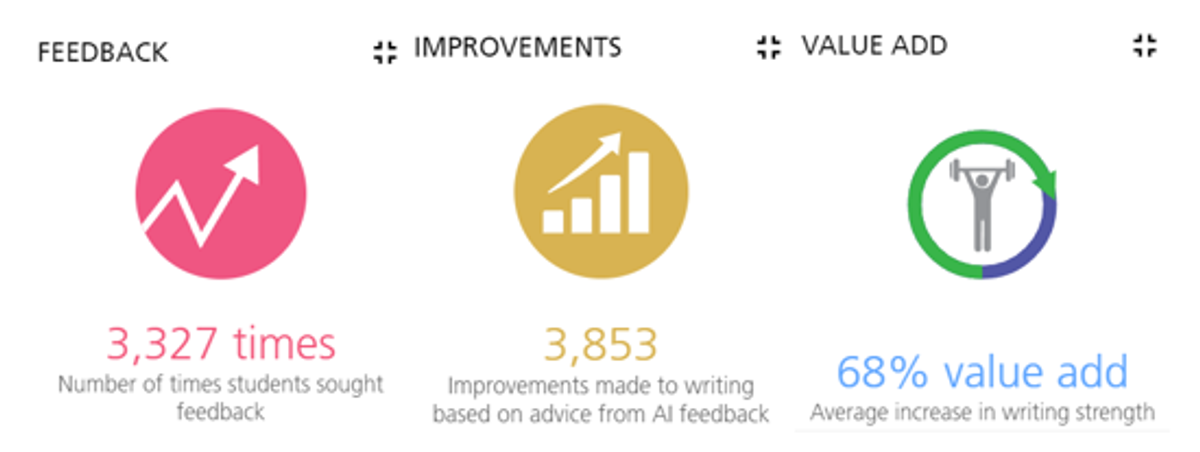Acting Deputy Principal
Ms Carol Roberts - Assistant Principal Learning Innovation

Acting Deputy Principal
Ms Carol Roberts - Assistant Principal Learning Innovation
In Week 7 this term, our Year 7 and Year 9 students will undergo the 2024 NAPLAN testing. In 2023, NAPLAN underwent some significant changes to the way it is conducted. This included a move to fully digitised testing, along with changes to the timing (with NAPLAN tests being scheduled much earlier in the year) and changes in the way in which NAPLAN data is collected and reported.
These changes posed new challenges, which schools were required to navigate. For example, having students complete testing on a digital platform certainly does make assessment easier and more efficient; however, the inevitable technical challenges that arise during testing are a predictable side effect of moving away from pen and paper. In addition, there is a body of research that demonstrates how digital platforms tend to be inferior when it comes to comprehension and retention. There are a range of reasons for this, but primarily, it relates to how we learn; along with the temptation that access to devices can also create – I’m sure most parents would be familiar with the allure of the screen and the potential for distraction that it creates. As teachers, these are additional challenges we must navigate and educate our students around.
The other part of the new format which has posed some challenges for schools is the way in which data is now reported to us. Usually, we can compare NAPLAN results with previous years; in 2023, this was no longer possible as the data was presented in a way that did not allow for that valuable comparison. For this reason, we are looking forward to the 2024 results, as we will once again be able to compare them to the previous year.
Reflecting on NAPLAN outcomes and comparing them year by year are an important part of our practice. They provide an objective measure of our instruction, an evaluation of the different elements in our practice. As expert educators, we continually strive to get better at what we do – and this is how we use NAPLAN. We use the evidence to continually improve our practice, so that we can continue to deliver an exceptional education to each and every one of our students.
We are conscious that some students can become anxious about tests. However, it is important that boys are made aware that the results are not a check on them, they are evidence of the areas that we can improve our teaching practice. Evidence-based practice shouldn’t be a luxury reserved only for some – it should underpin everything that every teacher does in the classroom. When we make decisions about your son’s learning, we need the best evidence upon which to make out instructional decisions. That’s where assessments like NAPLAN come in. They also provide us with knowledge about what each of our students knows and can do, which further informs our practice, so that we are able to tailor our instruction to best address the needs of every student.
At St Patrick’s College, the thing that motivates us most is that students are learning the things that we are teaching them. Of course, ensuring positive wellbeing is also an essential part of our role – however, we know that when student learning is not optimal, this can in turn impact their wellbeing.
It is important to note that whilst digital learning does have some drawbacks, it also has some significant advantages, when used effectively. At the College, we run a whole school program called ‘The Writer’s Toolbox’, which teaches writing at the finest grain level, and it is supported by research and shown to improve writing, particularly for boys.
The program is an instructional approach, but also has an online tool powered by AI, which gives individual feedback to students about their writing. The program also allows for monitoring of progress, and it has been wonderful to see how the program has improved areas of literacy for boys. So far this year our students have sought feedback 3,327 times, and have subsequently made 3,853 improvements to their writing, leading to a 68% value add:


As a school we have a strong focus on literacy, as we know that nationally this is an area that boys struggle in, particularly with writing. The Writer’s Toolbox data will be monitored throughout the year, so that we can continue to ensure ongoing growth for every student, rather than simply relying on the data provided to us through NAPLAN. We are excited to see how our students have been using The Writer’s Toolbox platform, to assist them in their literacy development.